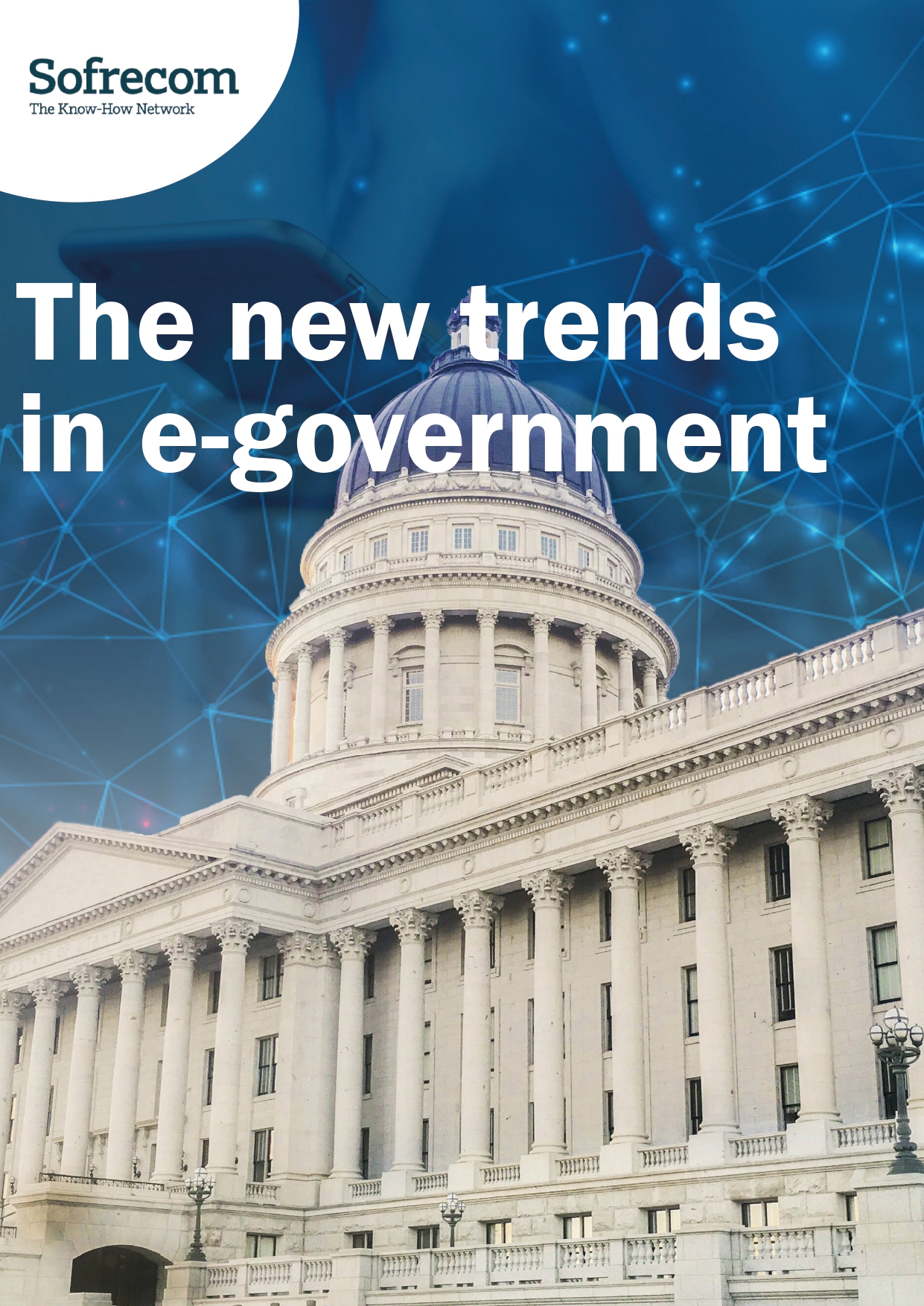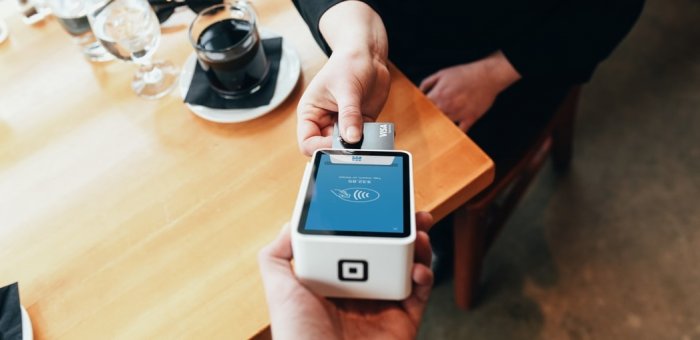
Many African continent States have chosen to make e-government programs part of their national agenda. The digitalization of financial transactions with users, whether for collecting taxes or paying salaries and benefits, is a factor for speeding up their transformation and providing clear proof that they are swiftly modernizing. Spontaneously, governments are turning to mobile operators, rather than banks, to implement their mobile money solutions.
In Africa, where only 10% of the population is banked, but 70% of people have a mobile phone, transactions via mobile money processed, in 2017, $1 billion per day (GSMA). Local banks have only a few dozen branches per country when an operator such as Orange has a network of 160,000 “Orange Money” contact points in the 17 countries where it operates. It is thus only natural that the Governments should contact Orange to roll out their plans to digitize payment flows: tuition fee collection in Ivory Coast; car sticker payments in Guinea; parking meter payments in Madagascar, etc.
An attractive solution for all stakeholders
Whether P2G (Person to Government) or G2P (Government to Person), mobile payment brings the relationship between the State and the citizen into a new era, and holds great value for all parties.
- It is fast, convenient and reliable to citizens who no longer have to make the trip, sometimes very far from their home or their businesses, or spend hours in line to complete a simple procedure: paying registration fees, taxes, water and electricity bills, etc. The pricing is transparent and the user is guaranteed, by an immediate receipt, that their payment has been recorded. As a result, citizens have greater trust in public services.
- Mobile money contributes also to the State's efficiency: by doing away with the risks involved in cash transactions (loss, armed robbery, embezzlement), it guarantees the State that all the money paid by citizens will go into its coffers at the appointed time. As a result, the administration enjoys greater revenues, better manages its cash flow and budgets, and optimizes its costs. The time saved by its collecting officers can be re-channeled to tasks with higher added value. Thanks to digitization, Governments have more reliable, complete and easily updated databases (student files, motorists' files, etc.). When dealing with G2P payments, the efficiency is the same: teachers in rural areas receiving their salary electronically no longer have to close their schools for a week to go to the capital.
- Making for another major advantage, the traceability of mobile payments brings transparency to public finance management, a practice encouraged by international institutions (IMF, World Bank). For governments, this translates into a springboard for rapidly improving their “good governance” rating.
- As for operators, responsible for guaranteeing the operational excellence of the mobile money solutions they provide to States, they find multiple further opportunities in deployment: reaching new clients, reactivating inactive users, increasing the volume of transactions and boosting their revenues to serve continuous improvement in the client experience and the development of the ecosystem.
A vehicle for financial inclusion
When the Ministry of National Education and Technical Instruction (MENET) of Ivory Coast enacted the strategic decision to make electronic payment of school tuition mandatory in 2014, it contributed to financial inclusion for a large part of its population. The State's action spurred some parents of the nation's 2 million secondary school students to use a basic mobile financial service for the first time and at a lower cost, opening up a world of possibilities from which they were previously excluded. I recently met two women in Burkina Faso who, thanks to their Orange Money accounts, were able to launch an e-store on Facebook, where they now offer Burkinabe agricultural products. The digitization of government payments is a factor for social development and economic growth.
Key success factors
A number of prerequisites help guarantee the successful digitization of government payment flows:
- Strong political will at the highest level of the State, as was the case in Ivory Coast, Madagascar or Niger, which in 2016 created a National Agency for the Information Society, reporting directly to the President of the Republic. This is essential to overcome sluggishness, human resistance and conflicts between ministries.
- A public/private collaborative approach: the implementation of a mobile money solution generally gets all the operators in a country mobilized. Only tight interaction between operators and with the State can guarantee a standardized and operational user journey.
- A robust technology: this is sometimes complicated to implement, due to the incompatibility of the IT systems to be interfaced.
- An efficient project management organization.
- Good change management support. The digitization of payments is often only one building block of a broader transformation project that calls into question the activities of agents, daily practices and the ways in which the services operate. Companies such as Sofrecom have built up considerable expertise in providing this support.
- A large-scale communication campaign to launch the service.
- A win-win partnership: while the government substantially boosts revenues and optimizes costs thanks to mobile money, it will have to remunerate operators by commission on each payment made, possibly funded by an international organization.
Government Mobile Money: proven effective
- Mobile tuition payments in Ivory Coast, amounts each year to €12 million in transactions.
- In 2017, Orange rolled out in Guinea, a mobile payment solution for the vehicle sticker. 24 hours after making their mobile payment, motorists would go to an Orange Money store with their account number and registration card to pick up their sticker. Three months after the launch of the collection campaign, the Ministry of Budget had already collected 3 times more tax than over the entirety of the previous year.
- In Antananarivo, capital of Madagascar, motorists are more inclined to pay their duties on parking since they can pay at the parking meter with Orange Money, while the verifying agent can ensure payment from a tablet.
Orange is also working on a patent collection solution on the markets.
Mobile money in figures (2017)
- 338.4 million accounts in Africa (+18.4% vs 2016), of which 34% in West Africa (Source: GSMA State of the Industry 2018 Report)
- Orange Money No. 1 in electronic payment and money transfer services in West Africa
- 38.7 million clients in 17 countries including 13 million monthly users
- 2017 transactions: €26 bn
- Turnover for Orange (2017: €241 million (5% of revenue in AMEA).






